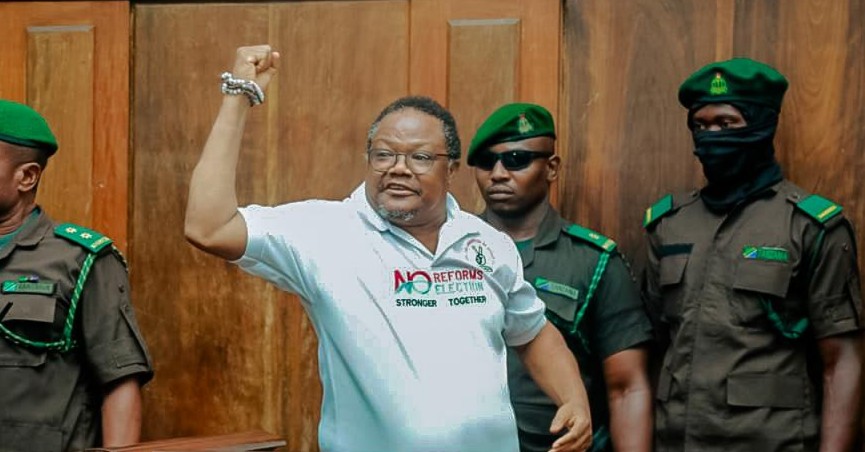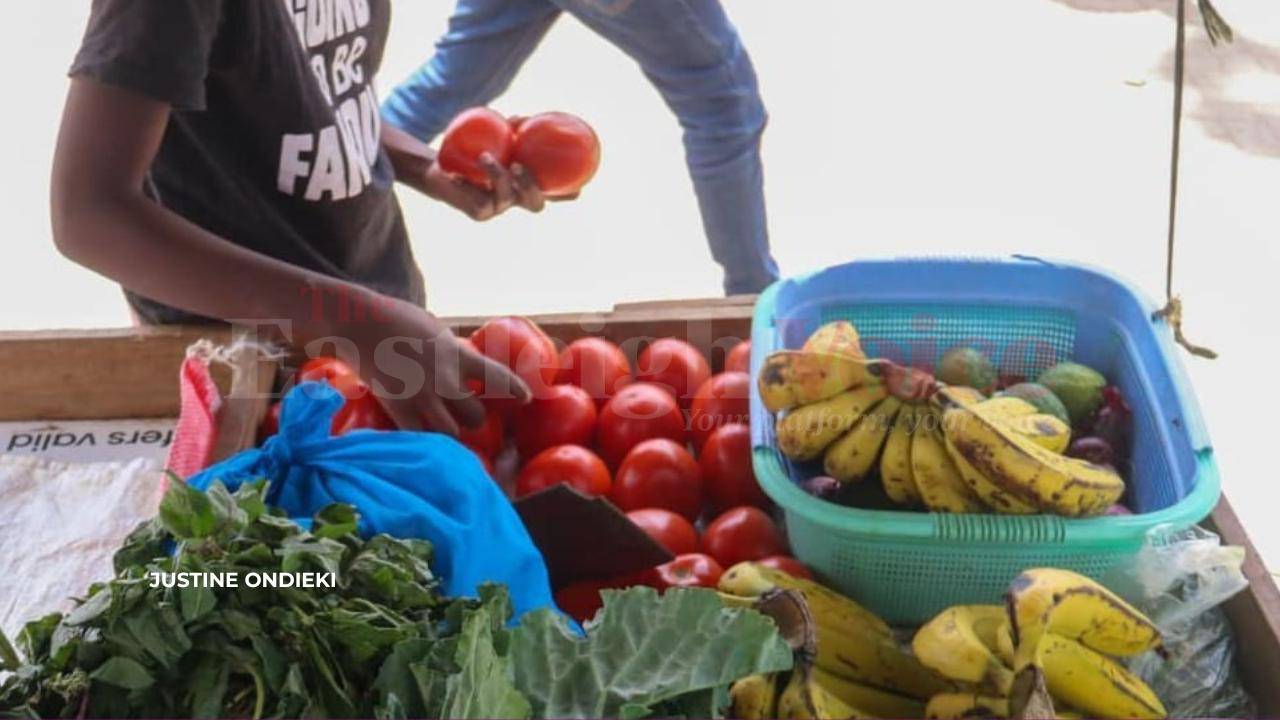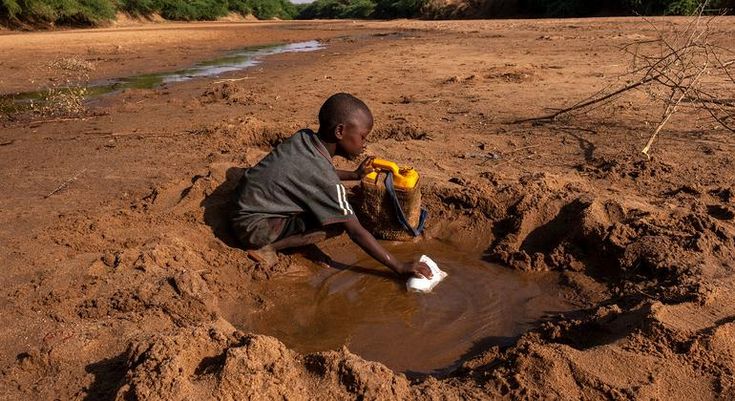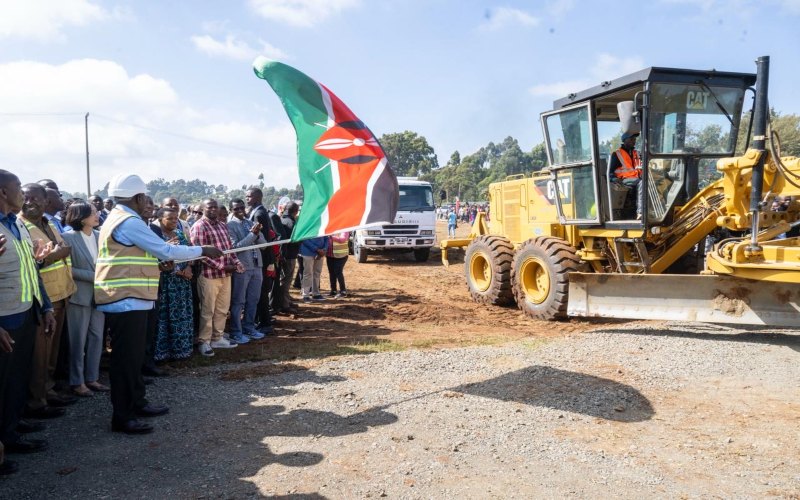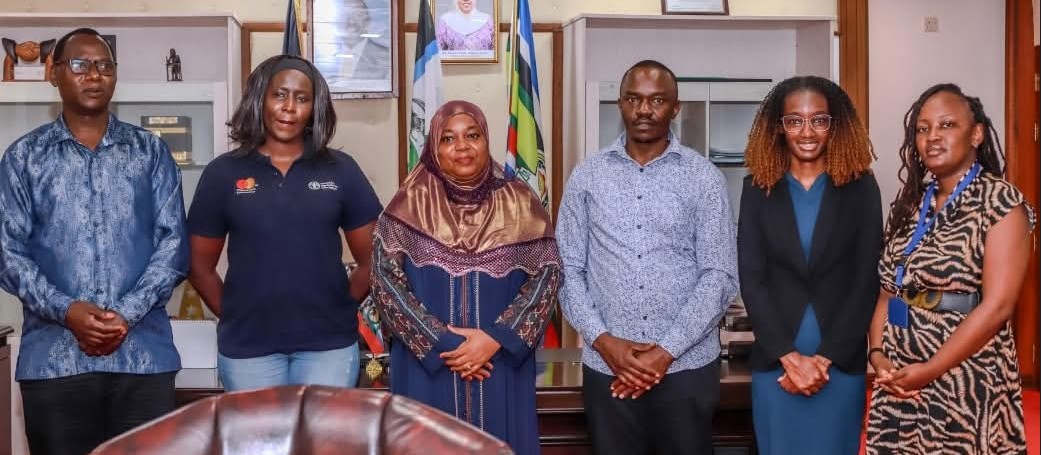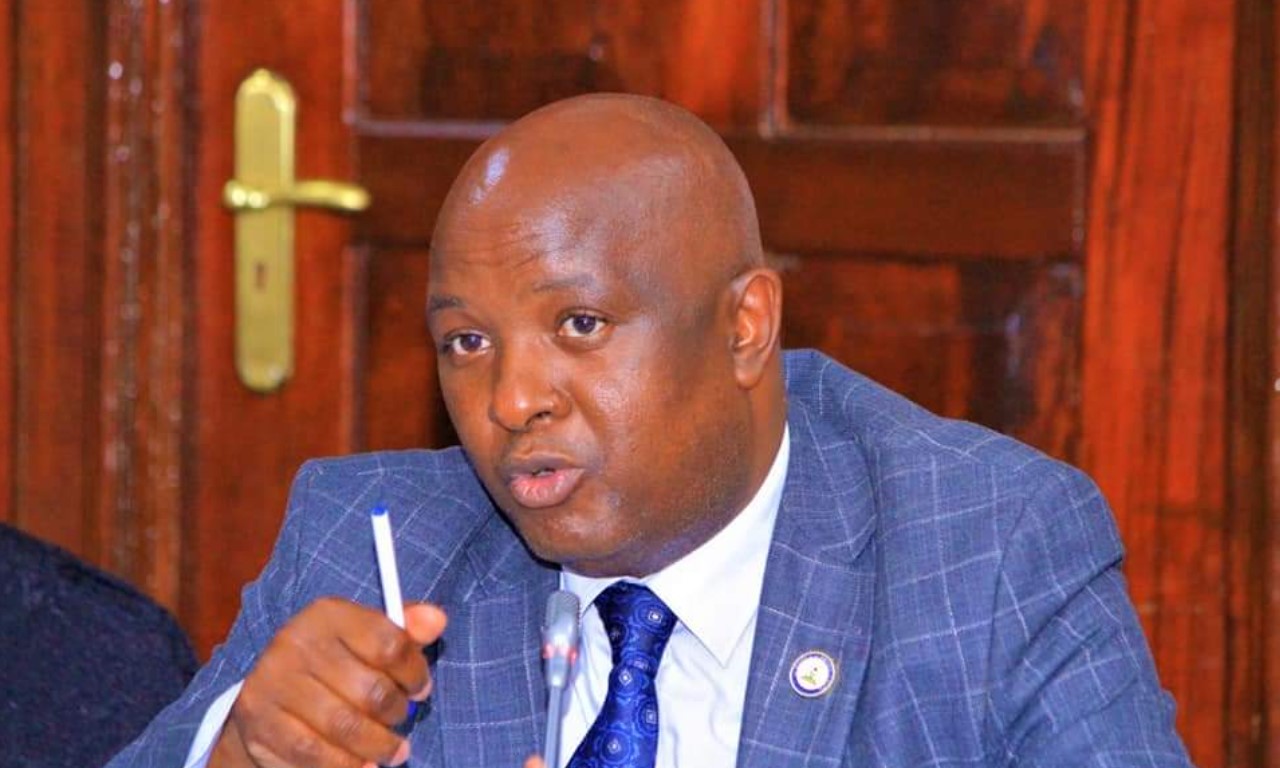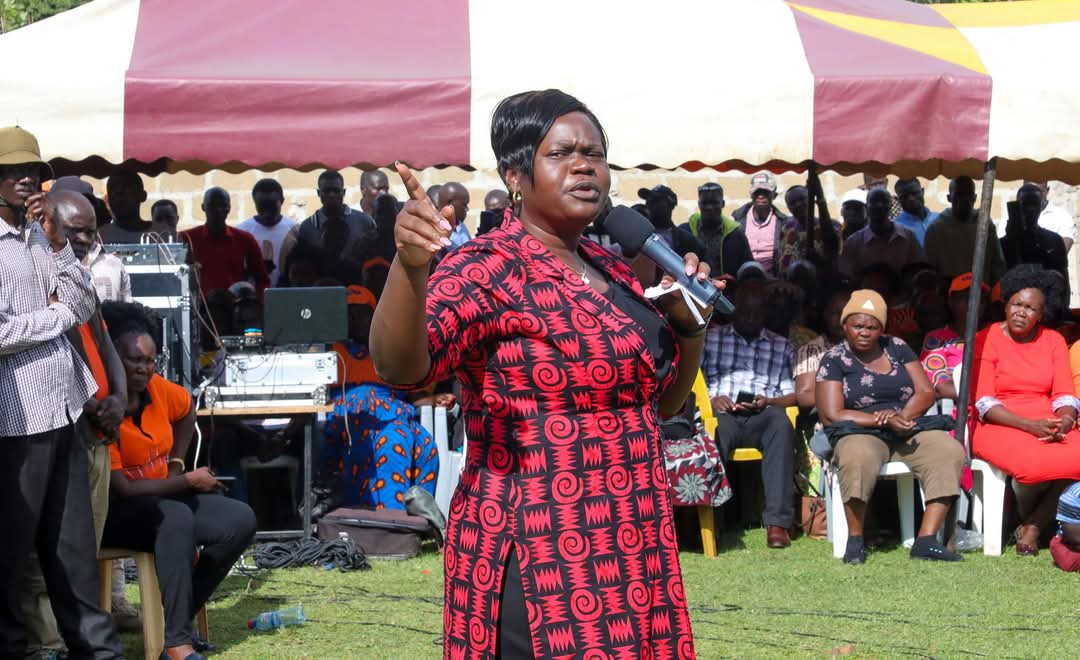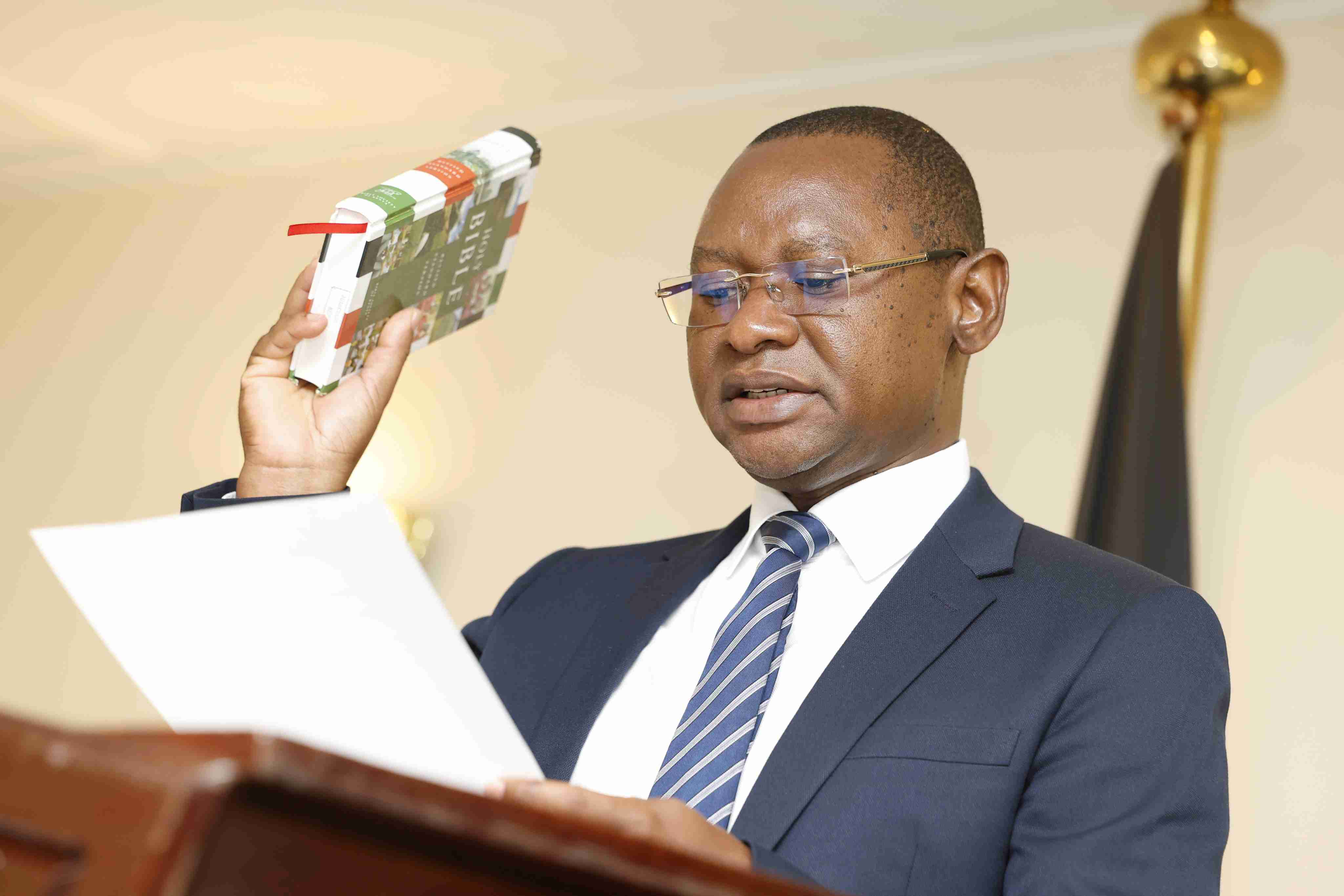MPs question Mediheal Hospital over donor sourcing and patient documents
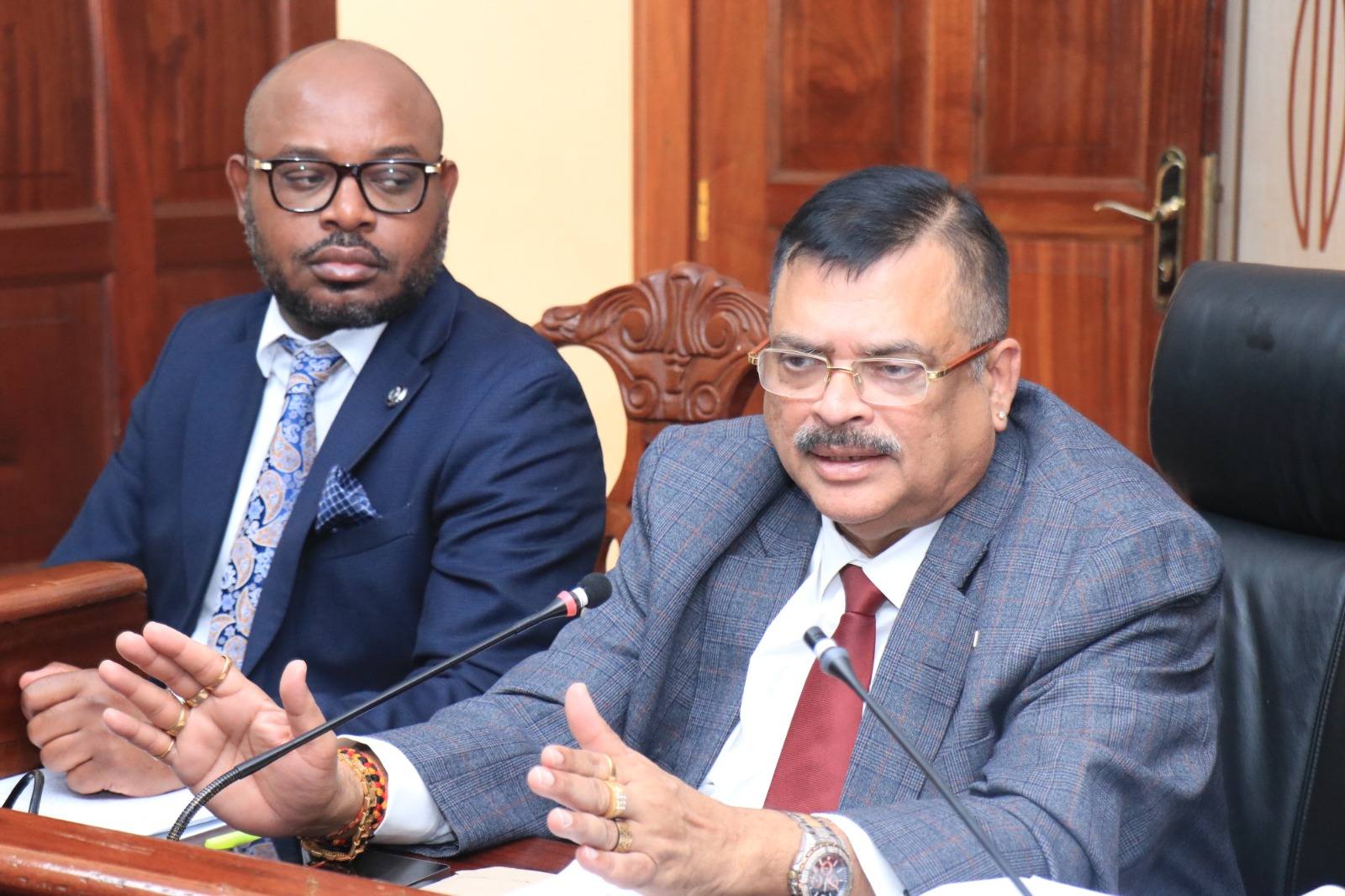
The committee, chaired by James Nyikal (Seme), questioned hospital officials following claims of irregular patient recruitment and possible organ harvesting. Members demanded explanations on donor sourcing, patient affidavits, and adherence to Kenyan medical law.
Mediheal Group of Hospitals Chairperson Swarup Mishra defended the institution’s kidney transplant programme before Parliament’s Departmental Committee on Health on Monday, dismissing allegations of organ trafficking as false and misleading.
“False statements were made in 2018, 2019, and 2021. We took legal action. It’s time to treat Africans in Africa,” he said, stressing the hospital’s commitment to lawful medical practices.
More To Read
- Mediheal founder Swarup Mishra faces properties auction over loans
- Kidney transplant breakthrough could save thousands waiting for compatible donors
- MPs hear harrowing testimonies of kidney trafficking in Uasin Gishu
- Mediheal founder Swarup Mishra rejects organ trafficking report, says no kidney was exported
- Committee proposes establishment of national deceased organ donation programme
- Taskforce recommends criminal probe against Mediheal founder Dr Mishra over kidney transplant scandal
The committee, chaired by James Nyikal (Seme), questioned hospital officials following claims of irregular patient recruitment and possible organ harvesting. Members demanded explanations on donor sourcing, patient affidavits, and adherence to Kenyan medical law.
Dr A. Srinivas Murthy, Chief Consultant Nephrologist at Mediheal, insisted there was no wrongdoing. “There is no organ harvesting happening in Mediheal or anywhere else in Kenya to my knowledge,” he said.
He clarified that Kenya’s legal framework only allows live kidney donations from willing relatives or close acquaintances, unlike countries such as India or the United States, which operate government-regulated deceased donor programs.
“The absence of a deceased donor framework continues to disadvantage patients who lack suitable living donors,” Murthy added.
Endebes constituency MP Robert Pukose raised concerns about inconsistencies in patient affidavits, particularly for foreign patients on medical visas.
Referring to a Swiss national, Maurice Nicholas Antonio, he said: “If the patient came on a medical visa, it means he was already diagnosed abroad. But the documents show the illness was discovered here. That does not add up.”
Dr Murthy explained that some patients arrive before starting dialysis and are further assessed in Kenya.
“Many come with kidney disease but are not yet on dialysis. We counsel and start dialysis if necessary before transplantation,” he said.
MPs also reviewed the level of local participation in transplant operations. Dr Mishra noted that the hospital initially relied on Indian medical specialists but has since transferred skills to Kenyan staff.
“When we started, we had Indian renal and ICU nurses. But after technology transfer, all nurses are now Kenyans,” he said, while noting ongoing challenges in recruiting full-time local nephrologists.
Kitutu Chache South MP Anthony Kibagendi called for a review of Kenya’s organ donation laws to close existing gaps. Dr Nyikal confirmed that the Transplant and Organ Donation Bill is currently before the Budget and Appropriations Committee.
The Health Committee will continue scrutinising patient affidavits and hospital documents before releasing its findings.
“We will scrutinise every document carefully,” Dr Nyikal said. “If necessary, we may call back witnesses, including some of the patients.”
Top Stories Today
